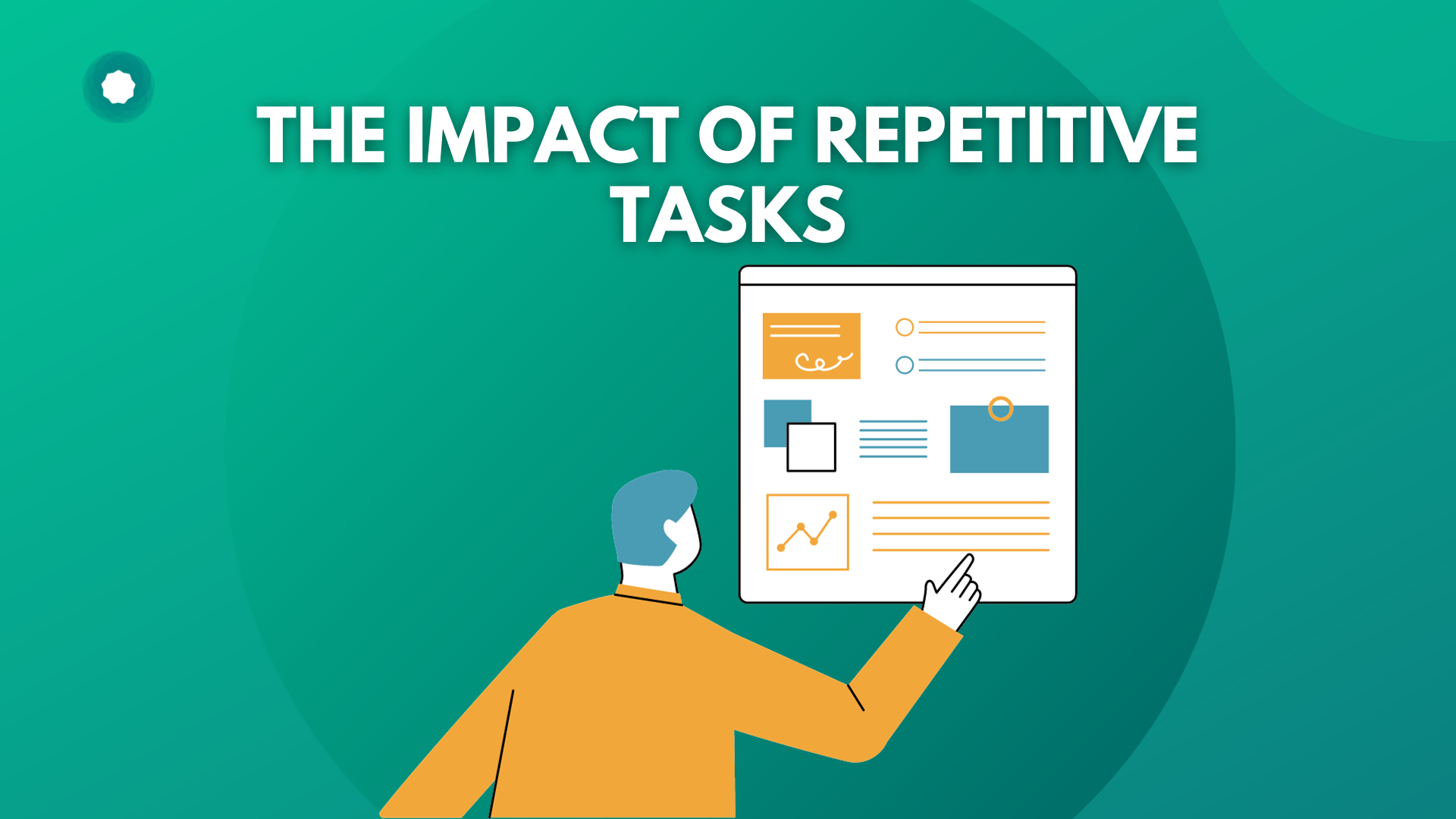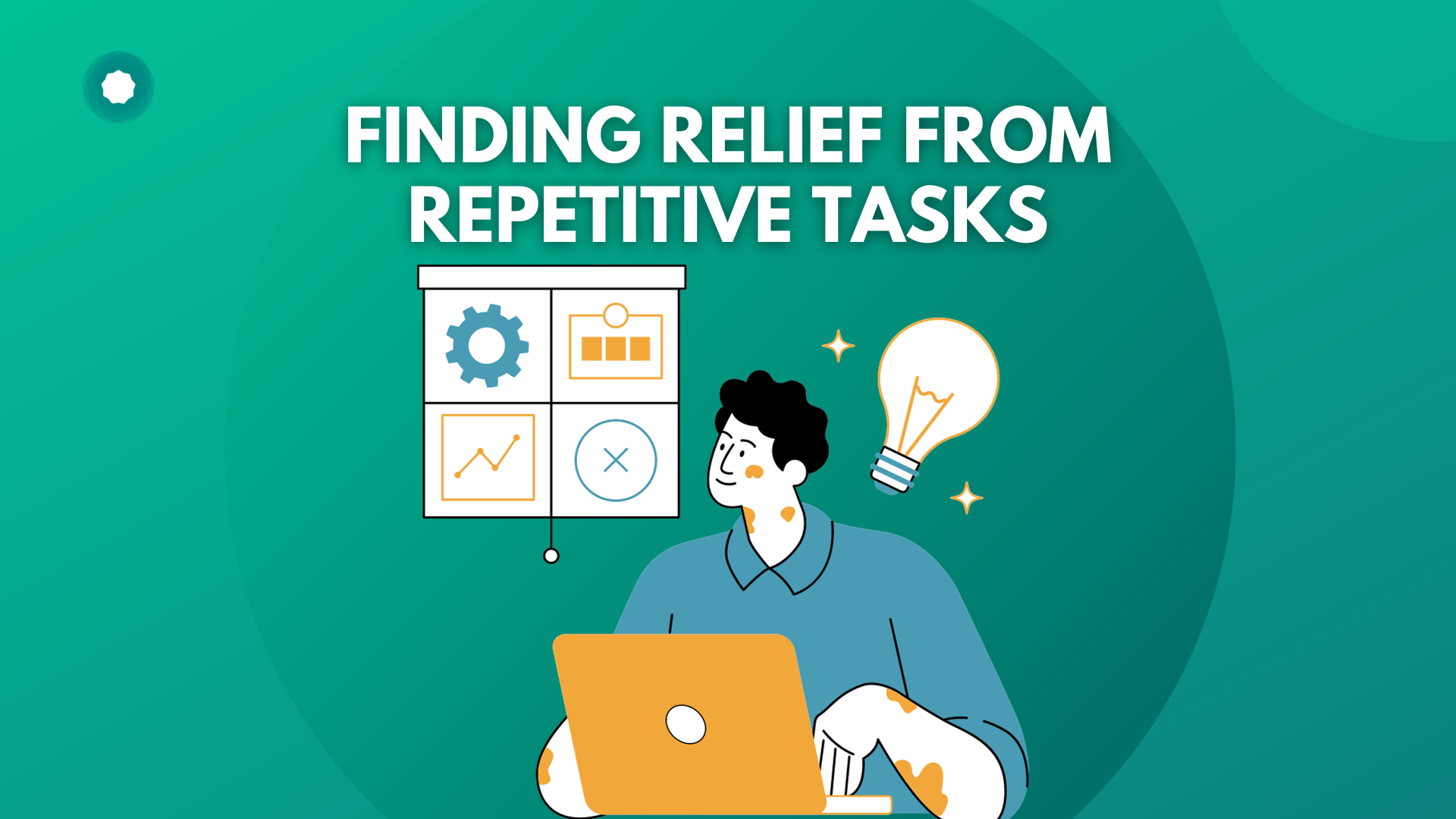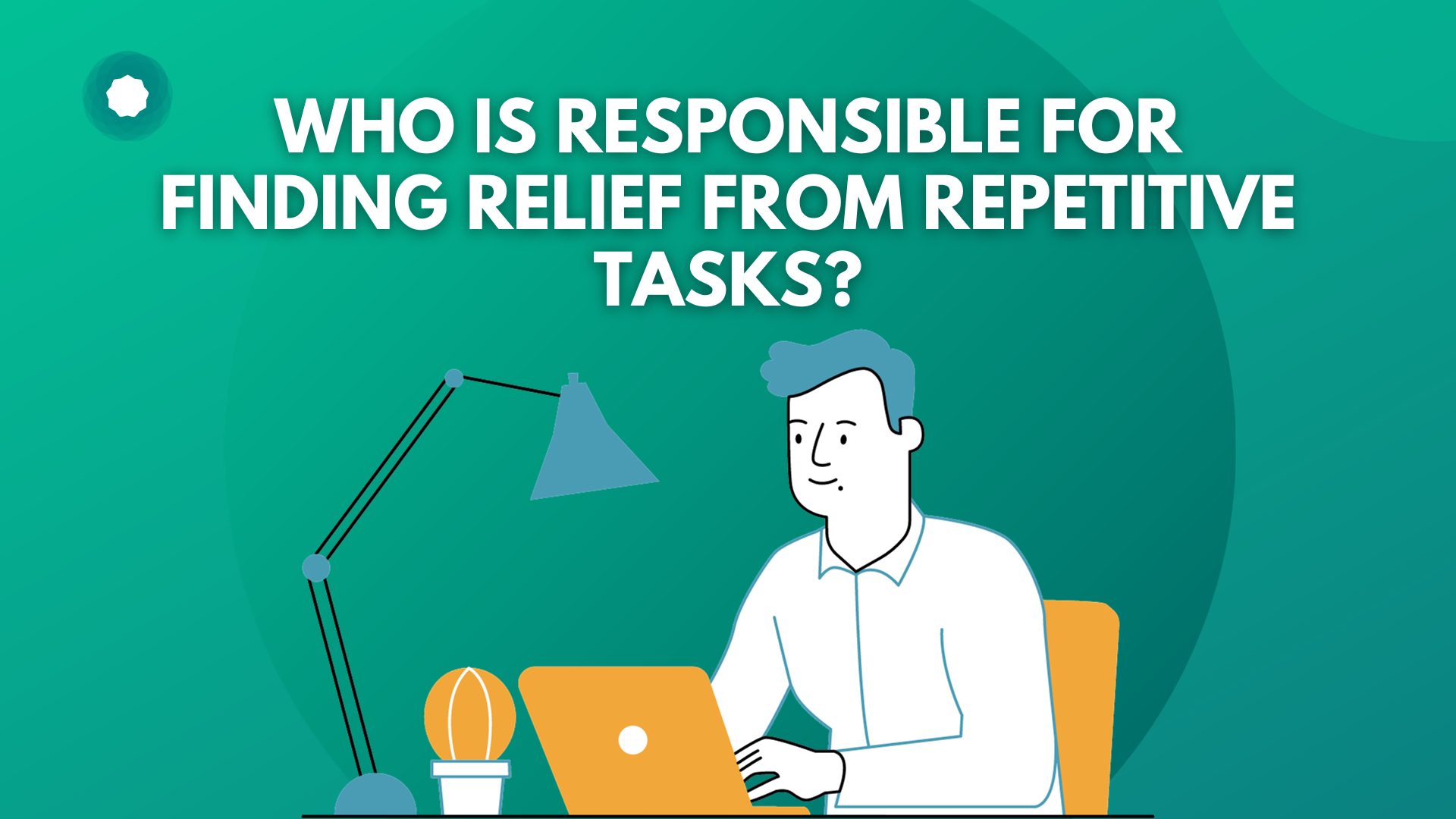
Do you ever feel like you’re stuck in a never-ending cycle of repetitive tasks?
Whether it’s at work, in your personal life, or even in your hobbies, performing the same tasks over and over again can quickly become monotonous and draining.
But fear not, there are ways to break free from the monotony and find relief from repetitive tasks.
In this article, we’ll explore the impact of repetitive tasks, why we do them, and how to find relief.
The Impact of Repetitive Tasks

Repetitive tasks can have a significant impact on our mental and physical well-being.
They can lead to burnout, boredom, and even physical strain.
- Burnout
Burnout is a state of emotional, physical, and mental exhaustion caused by excessive and prolonged stress.
It can be a result of constantly performing repetitive tasks without any variation or challenge.
When we feel burnt out, we may experience feelings of detachment, cynicism, and a lack of accomplishment.
This can lead to decreased productivity, increased absenteeism, and even physical health issues.
- Boredom
Repetitive tasks can also lead to boredom, which can have a negative impact on our mental health.
When we are bored, we may feel unmotivated, uninterested, and even depressed.
Boredom can also lead to distractions and procrastination, making it difficult to complete tasks efficiently and effectively.
- Physical Strain
Performing the same physical tasks repeatedly can also lead to physical strain and injury.
This is especially true for jobs that require repetitive motions, such as assembly line work or data entry.
Over time, this strain can lead to musculoskeletal disorders, such as carpal tunnel syndrome, tendonitis, and bursitis.
Why Do We Perform Repetitive Tasks?

Despite the negative impact of repetitive tasks, we often find ourselves performing them.
But why do we do this to ourselves?
To Gain Experience Points
In some cases, we may perform repetitive tasks to gain experience points or level up in a game or app.
This can be a fun and rewarding way to pass the time, but it can also become addictive and lead to excessive screen time, performs repetitive tasks nyt crossword
To Meet Deadlines
In a work setting, we may perform repetitive tasks to meet deadlines or quotas.
This can be a result of a lack of resources or time, or simply because it’s the way things have always been done.
Out of Habit
Sometimes, we may perform repetitive tasks out of habit.
We may not even realize that we are doing the same thing over and over again until we stop and think about it.
Finding Relief from Repetitive Tasks

Now that we understand the impact of repetitive tasks and why we do them, let’s explore some ways to find relief.
Automate Tasks
Automating repetitive tasks is highly effective in finding relief from them.
This can be done through software, tools, or even hiring someone to do the task for you.
For example, if you find yourself constantly entering data into a spreadsheet, you can use a program like Microsoft Excel to create macros that will automatically input the data for you.
Delegate Tasks
If you have the resources, delegating repetitive tasks to someone else can also provide relief.
This can be done by hiring an assistant, outsourcing the task, or even asking a coworker for help.
Take Breaks
Taking breaks from repetitive tasks can also provide relief and help prevent burnout.
This can be as simple as taking a short walk, listening to music, or doing a different task for a few minutes.
Find Variety
Finding variety in your tasks can also help break the monotony.
This can be done by switching up the order in which you do tasks, adding new elements to the task, or even finding a new way to approach the task.
Set Goals
Establishing personal goals not only serves as a source of motivation but also functions as a strategic means to alleviate the monotony associated with repetitive tasks.
This can be done by setting a deadline for completing the task, rewarding yourself for completing the task, or even setting a goal to improve your efficiency in completing the task.
Try Something New
Sometimes, finding relief from repetitive tasks means trying something completely new.
This can be a new hobby, a new job, or even a new way of doing the task.
For example, if you find yourself constantly performing data entry, you could try learning a new skill, such as coding, that could lead to a more interesting and challenging job.
Real-World Examples of Finding Relief from Repetitive Tasks

The New York Times Crossword Puzzle
The New York Times crossword puzzle is a popular example of finding relief from repetitive tasks.
Solving the crossword puzzle requires the same skills and techniques each time, but the clues and answers are always different, providing variety and a sense of accomplishment.
Video Games
Video games are another example of finding relief from repetitive tasks.
Many games require players to perform the same actions repeatedly, such as collecting resources or completing quests, but the game itself provides variety and a sense of progression.
Job Rotation
Some companies have implemented job rotation programs to provide relief from repetitive tasks for their employees.
This involves rotating employees through different roles and tasks within the company, providing variety and new challenges.
performs repetitive tasks to gain experience points
Who Is Responsible for Finding Relief from Repetitive Tasks?

Ultimately, it is up to the individual to find relief from repetitive tasks.
However, companies and organizations can also play a role in providing relief for their employees.
This can be done through implementing job rotation programs, providing resources for automation and delegation, and promoting a healthy work-life balance.
Takeaways
Repetitive tasks can have a significant impact on our mental and physical well-being, but there are ways to find relief.
By automating tasks, delegating tasks, taking breaks, finding variety, setting goals, and trying something new, we can break free from the monotony and find relief from repetitive tasks.
It is crucial for both individuals and organizations to acknowledge the adverse effects of repetitive tasks and proactively implement measures to alleviate strain and mitigate the risk of burnout.
By finding ways to break the cycle of monotony, we can improve our overall well-being and productivity.
